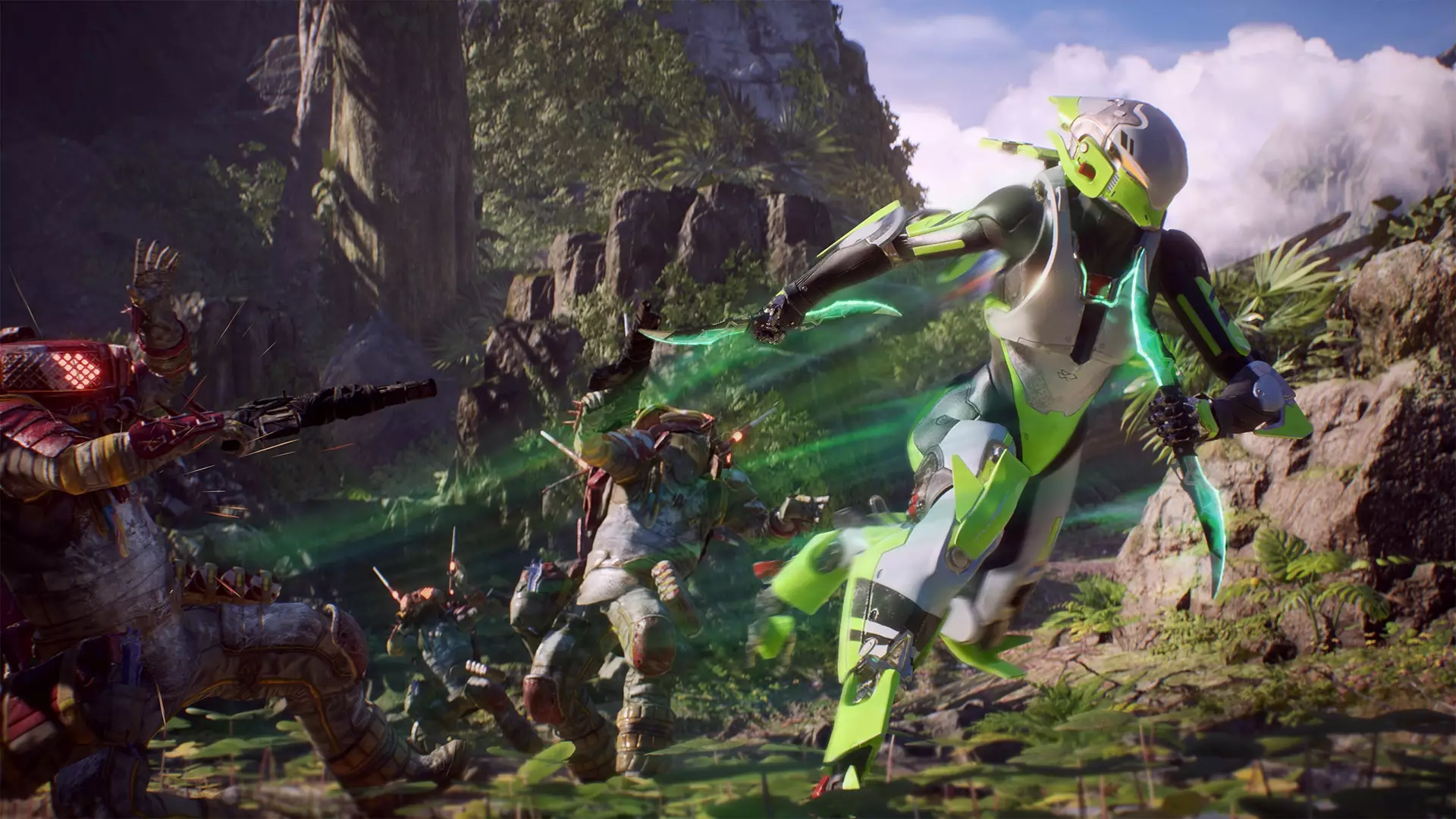In recent years, the inevitable fade of beloved video games has become an increasingly pressing concern within the gaming community. Titles like Anthem, once celebrated for their innovation and scope, now face an irreversible shutdown, marking a significant loss not only for players but for the cultural fabric of digital entertainment. The impending closure of Anthem on January 12, 2026, underscores a broader issue: the transient nature of video games and the profound implications this has for gaming’s cultural and historical preservation. Unlike traditional media, which can be archived physically and revisited indefinitely, video games are inherently tied to servers, digital infrastructure, and proprietary technology—components that are often abandoned or decommissioned, erasing the game entirely from existence.
This phenomenon raises crucial questions about our collective responsibility to safeguard digital experiences. If entire worlds, stories, and communities can vanish with a single shutdown, what does this mean for the future of cultural preservation? Are we prepared to accept the ephemeral nature of our digital heritage, or should we push for systemic change that ensures longevity? The fall of Anthem serves as a stark reminder that even well-established companies and cherished titles are vulnerable when the underlying infrastructure fades away.
The Cost of Preservation: Technological and Economic Trade-offs
One of the core debates surrounding game preservation involves the technical and financial challenges associated with maintaining playable versions of discontinued titles. Mark Darrah, a veteran BioWare developer, reflects candidly on these issues, suggesting that the industry often chooses expediency over preservation. He notes that Anthem, like many online games, was designed with a reliance on specific infrastructure—server-based technologies that are costly to maintain and ultimately unsustainable once the game is deemed no longer profitable.
Darrah points out that much of the industry’s approach is driven by economic considerations, rather than preservation goals. Maintaining a game in perpetuity would require significant investment, especially for live-service titles that depend on ongoing support. There are trade-offs, of course: adopting peer-to-peer technology, as seen with Destiny 2, could extend a game’s lifespan by reducing server costs. However, this often comes at the expense of game fidelity and user experience, leading to compromises that might make the game less enjoyable or more imperfect over time.
This dilemma forces us to ask: should preserving a game be prioritized over the quality of the experience? Or does halting development and maintenance necessarily mean accepting that some titles will inevitably “die”? Darrah’s perspective hints at a societal choice—whether we value the cultural significance of our games enough to shoulder these costs or whether we continue to treat digital titles as transient commodities.
Game Preservation as Cultural Responsibility
The conversation around game preservation is intertwined with an ethical debate about cultural responsibility. Darrah advocates for a paradigm where society accepts some sacrifice—perhaps in terms of quality, accessibility, or fidelity—to ensure that games are not lost forever. He compares this with environmental practices, implying that certain costs are acceptable if they prevent irreversible damage. For instance, just as regulations prevent toxic waste disposal that would irreparably harm ecosystems, perhaps there should be policies or industry standards that prevent digital titles from disappearing entirely.
This analogy speaks to a philosophical stance: games are more than just entertainment—they are part of our shared history and cultural identity. As such, they warrant protection akin to historical artifacts. Yet, the industry’s current approach overwhelmingly favors profit and short-term gains, neglecting the importance of digital legacy. The consequences are evident in the mounting “lost” titles, some of which fade into obscurity after only a few years of availability.
The “Stop Killing Games” movement champions this cause but faces significant hurdles. Maintaining every game forever would be prohibitively expensive, and practical limitations—like server costs, developer support, and legal issues—compound the challenge. Still, the question remains: what price are we willing to pay for the preservation of our digital heritage? Is it a matter of societal consensus, or does it require legal and institutional intervention to prioritize cultural conservation over corporate interests?
Reimagining the Future of Gaming Preservation
Addressing these challenges requires bold innovation and a reevaluation of industry priorities. Possible solutions could include widespread adoption of emulation, open archiving protocols, and legal frameworks that mandate the preservation of digital works. The gaming industry might also explore creating official repositories, akin to museums, that host playable versions of significant titles for future generations.
Moreover, game developers and publishers should consider embedding preservation strategies during the design and release phases. This might involve creating downloadable archives, offering emulation tools, or collaborating with academic institutions and cultural organizations. The industry could also advocate for consumer rights related to digital ownership, ensuring players retain access even if servers go offline.
Ultimately, the loss of Anthem and countless other titles should serve as a wake-up call. A culture that does not safeguard its digital artifacts risks losing a vital part of its collective memory. As Darrah suggests, accepting some compromise in fidelity or infrastructure might be worthwhile paths toward ensuring that our virtual worlds do not disappear after a few years. Protecting our gaming history is no longer an optional endeavor—it is a necessary obligation to preserve the stories, innovations, and communities that have defined a generation of digital entertainment.

